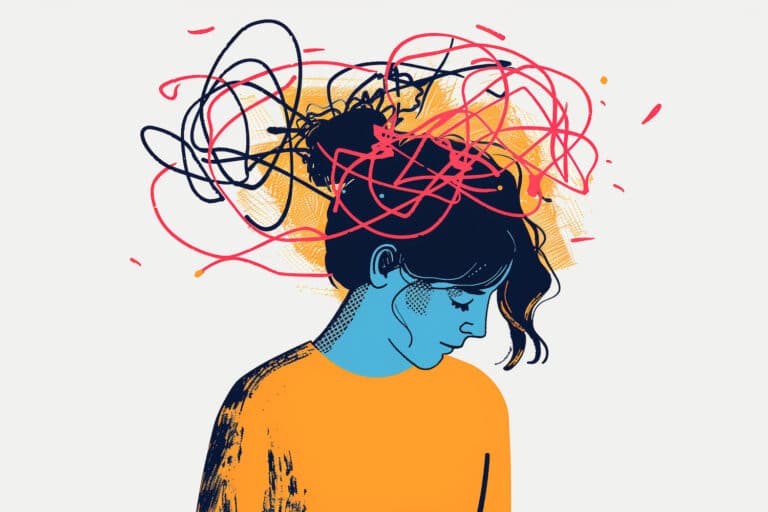Information on Anorexia
It is estimated that approximately one percent of women will suffer from Anorexia in their lifetime. Complications associated with Anorexia holds the second-highest mortality rate of all psychological disorders. Unfortunately, many people are not fully aware of the lifelong risks and complications associated with prolonged restricting. According to Eating Disorder Hope, only a third of those suffering from Anorexia seek treatment. Therefore, it is critical to understand the risks associated with Anorexia and develop insight into treatment options.
What is Anorexia Nervosa?:
According to the National Eating Disorders Association, Anorexia Nervosa is characterized as weight loss (or lack of appropriate weight gain in growing children); difficulties maintaining an appropriate body weight for height, age, and stature; and, in many individuals, distorted body image. Those suffering from Anorexia generally greatly restrict the number of calories and the types of food they eat. Those in suffering may also compulsively exercise, engage in binge-eating, or purging behaviors via vomiting or laxative use.
About Anorexia Nervosa
Anorexia Nervosa is a psychological disorder that affects all ages, genders, and ethnicities. It can surface at any age; however, experts often see it develop during adolescence. Unfortunately, due to stereotypes and societal challenges, it is often glorified as this “drive for thinness” and misdiagnosed as a positive attribute.
Signs of Anorexia Nervosa
According to the Diagnostic and Statistical Manual of Mental Disorders Fifth Edition (DSM-5), the following symptoms are to be present for an accurate diagnosis:
- Restriction of energy intake, resulting in significantly low body weight
- Intense fear of gaining weight or becoming fat (despite having a significantly low body weight)
- Disturbance in the experience of body shape or weight; the undue influence of weight or shape on self-evaluation, or denial of the seriousness of low body weight
Along with these diagnostic criteria, let’s explore some of the physical, emotional, and behavioral signs associated with symptoms of Anorexia.
Physical Signs
- Weight loss, losing weight suddenly or in a significant amount
- Complaints of constipation, abdominal pain, cold intolerance, lethargy, and/or excess energy
- Post-pubescent loss of menstrual period
- Difficulty concentrating
- Dizziness
- Dental issues, such as enamel erosion, cavities, and tooth sensitivity
Emotional Signs
- Preoccupation with weight, body, food, calories, fat grams, exercise, and/or dieting
- Distorted self-image
- Expressed anxiety about gaining weight or being “fat”
- Limited insight into and/or denial of the above mentioned unhealthy behavioral or cognitive patterns
- Increased irritability
- Concerned about eating in public
Behavioral Signs
- Refusal to eat certain foods or food group
- Denial of hunger
- Development of food rituals (e.g., eating foods in specific orders, excessive chewing, rearranging food on a plate)
- Avoidance of meals as well as other situations involving food
- Participation in an excessive, rigid exercise regimen
- Withdrawal from friends, family, and/or activities
Treatment Options
At Magnolia Creek, our expert clinical team utilizes a comprehensive, evidence-based approach to overall healing and transformation. Our focus is to address the underlying issues and support long-term recovery, so our clients can renew, restore, and recover from eating disorders. If you or someone you know is suffering from Anorexia, look no further, we are here and ready to help. Our Admission Team is available 24/7 to compassionately guide clients and families in their journey to freedom. Complete our contact form or call us, 765-641-0022 to discover our Magnolia Creek Difference.




